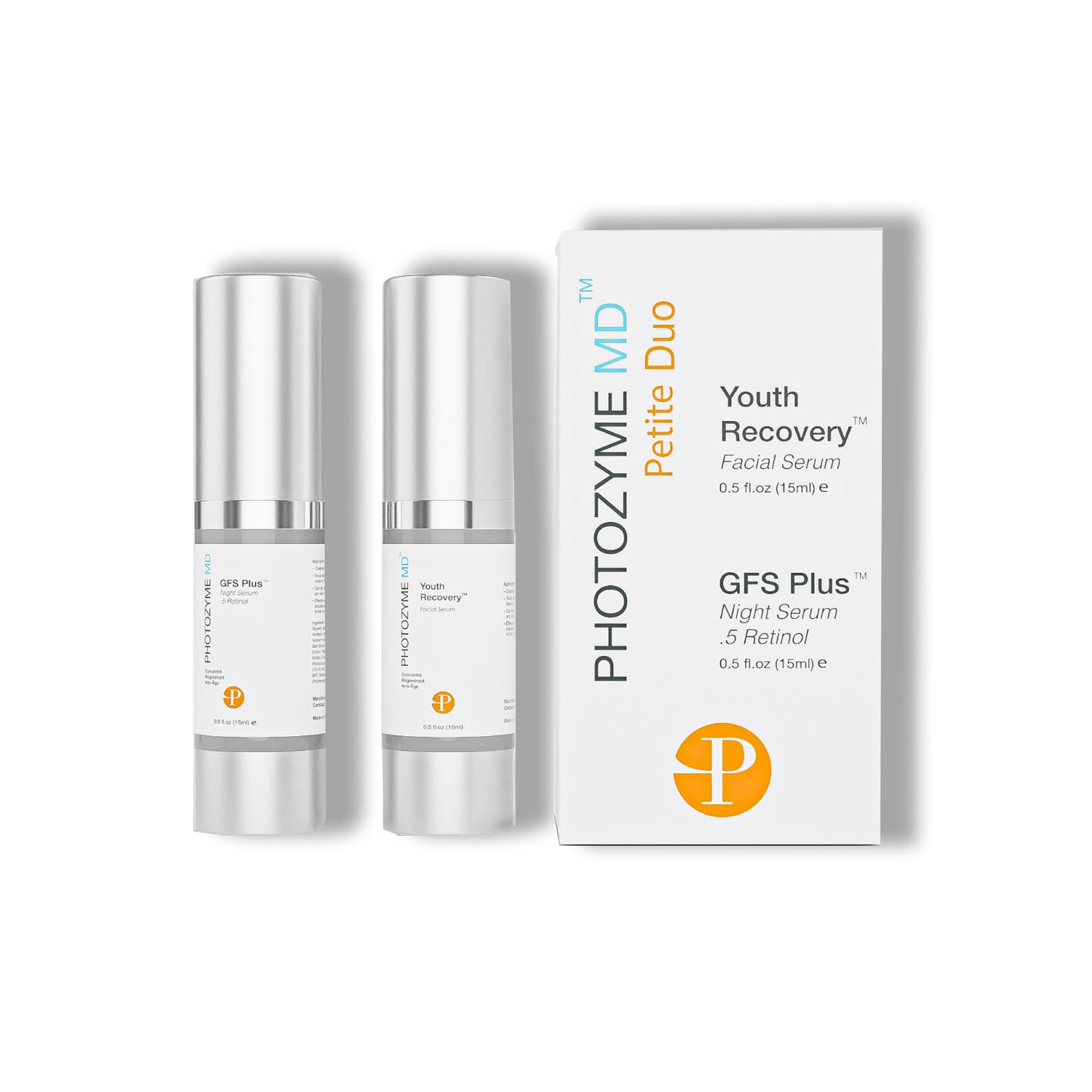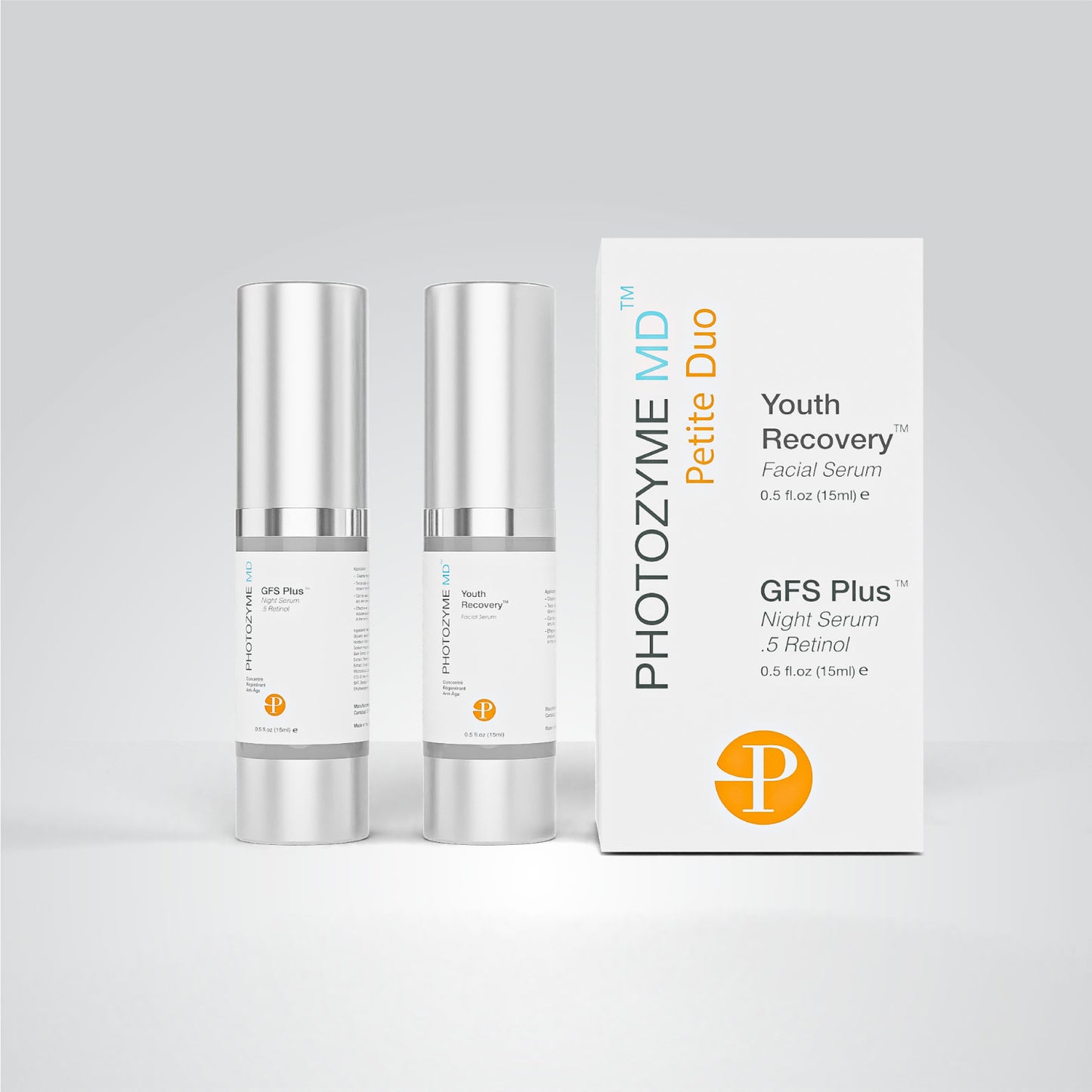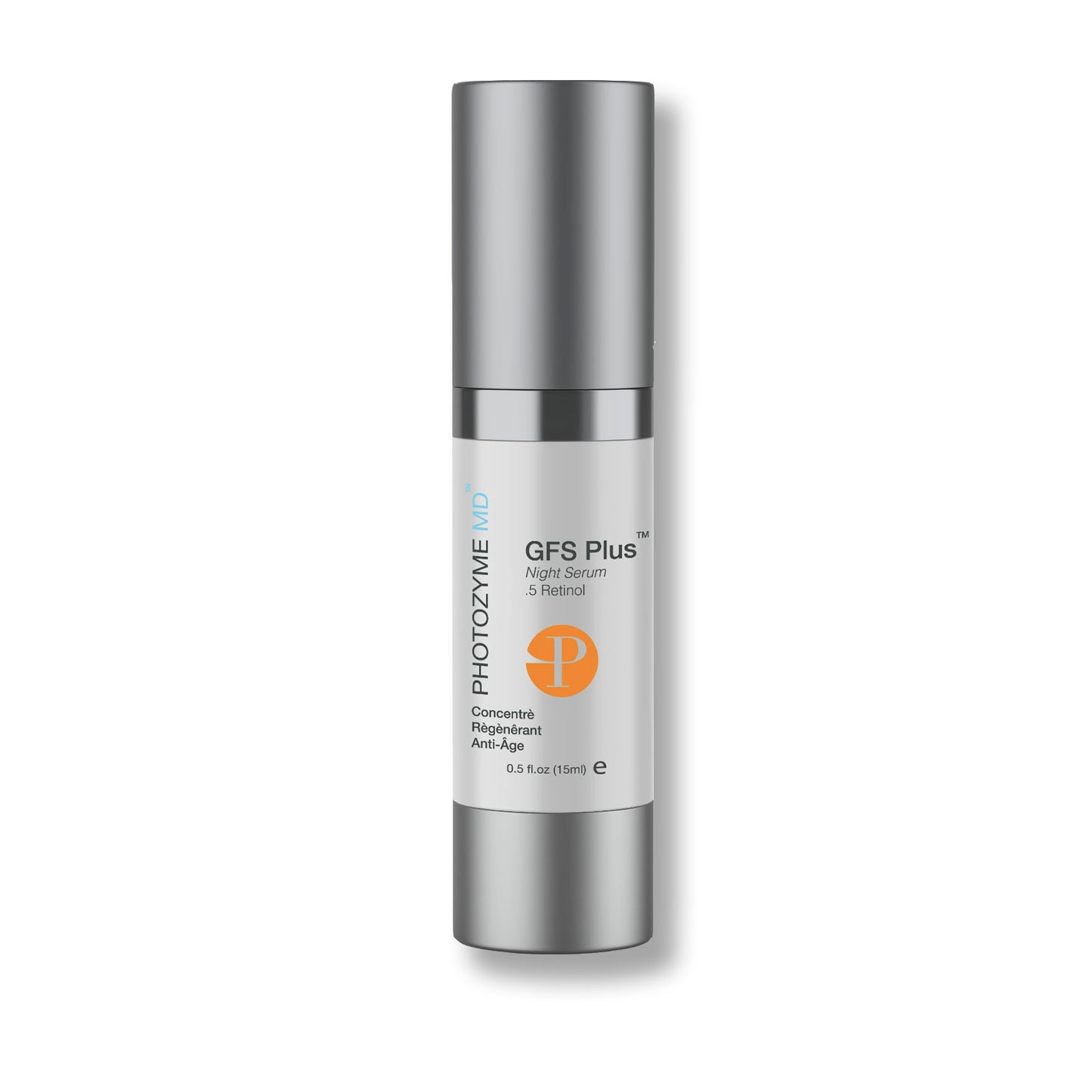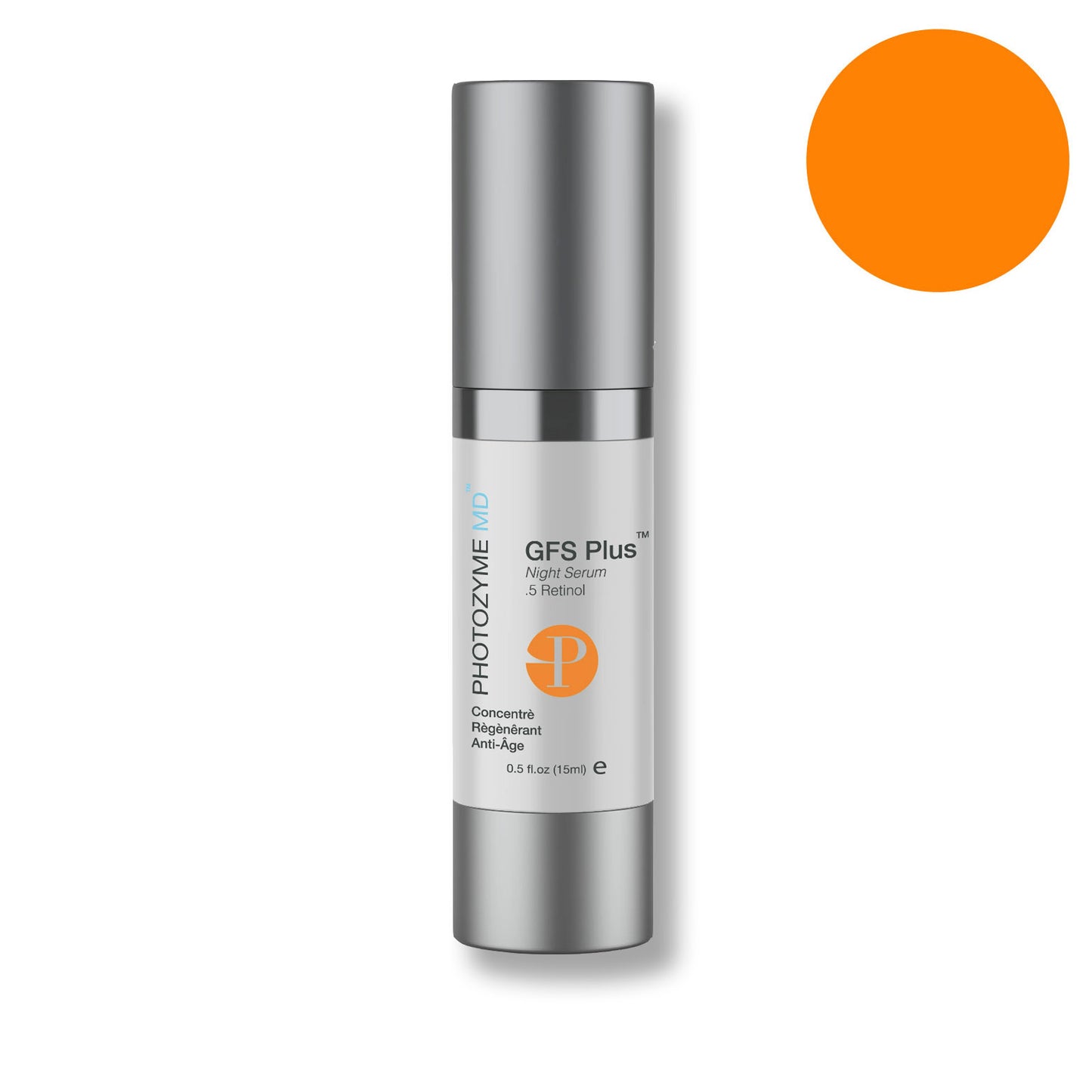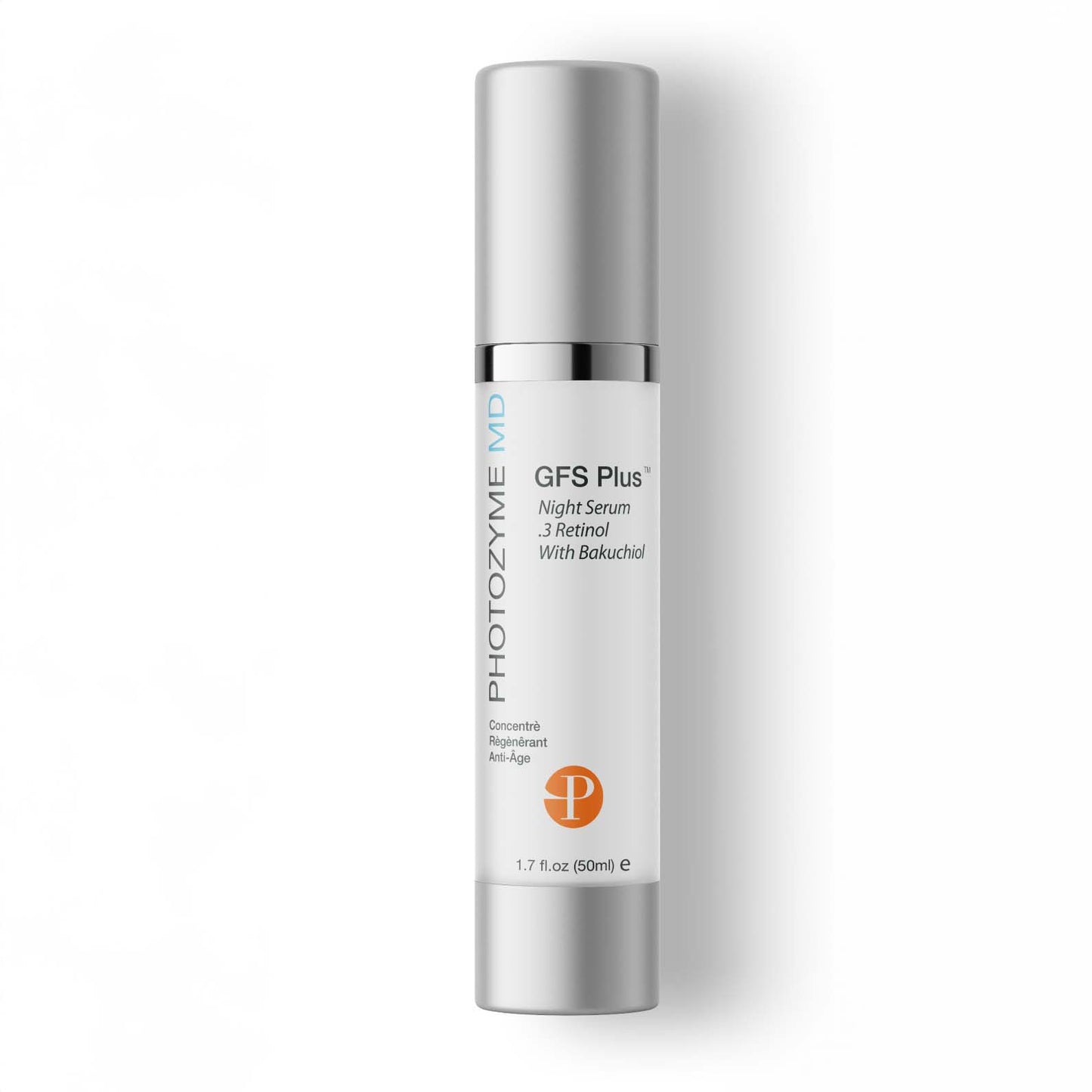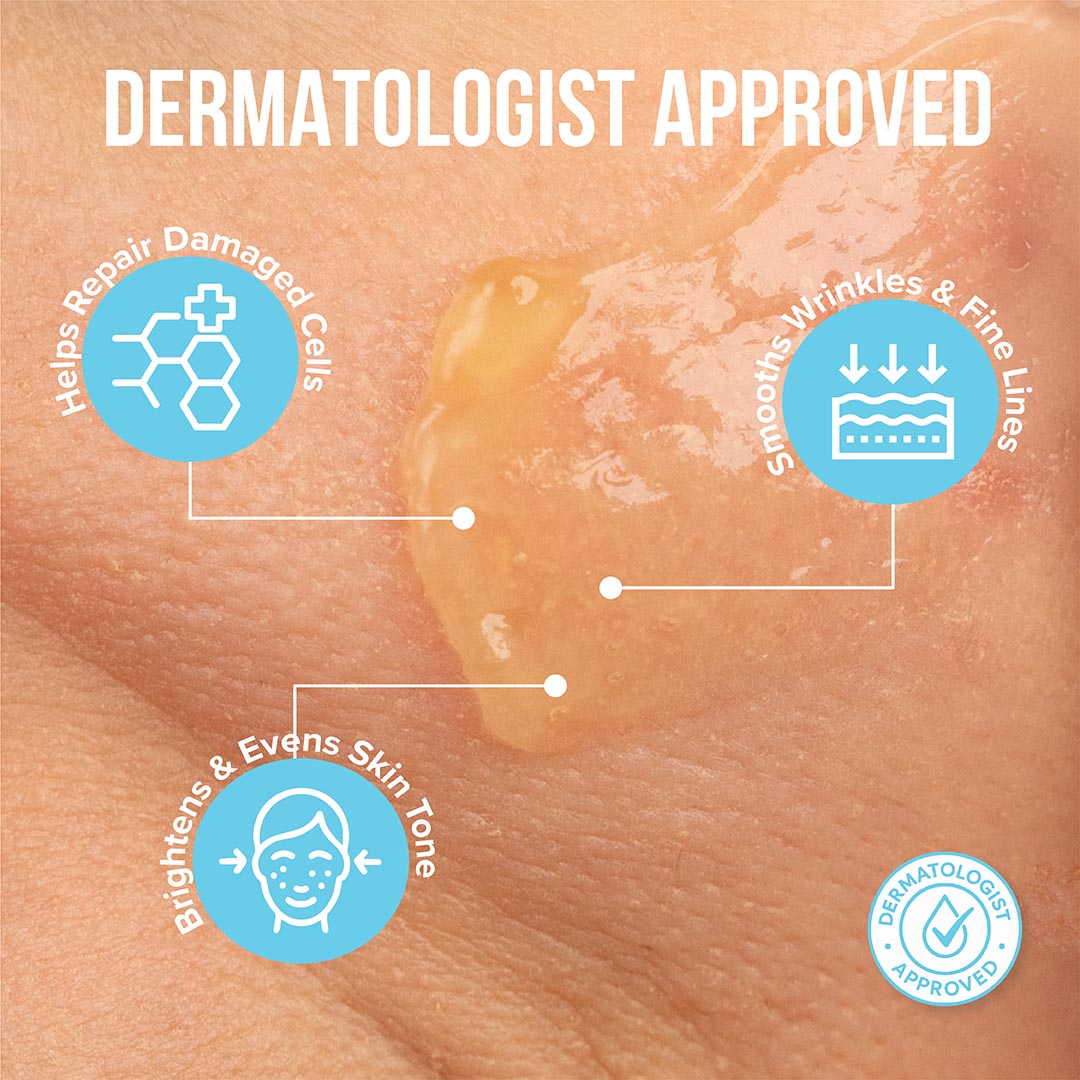Vitamin C serum is like a secret weapon in the world of skincare. Known for its powerful antioxidant properties, Vitamin C is a potent ingredient that can work wonders for your skin. One of the key benefits of using a Vitamin C serum is its ability to brighten the skin. By promoting collagen production, Vitamin C can help reduce the appearance of dark spots and hyperpigmentation, giving your skin a more even tone and a radiant glow.
But the magic of Vitamin C doesn't stop there. This powerhouse ingredient also helps protect the skin from environmental damage, such as pollution and UV rays. By neutralizing free radicals, Vitamin C can help prevent premature aging and keep your skin looking youthful and healthy.
In addition to its brightening and protective properties, Vitamin C is also known for its ability to improve skin texture. By promoting cell turnover and collagen synthesis, Vitamin C can help smooth out fine lines and wrinkles, leaving your skin looking firmer and more supple.
Another amazing benefit of Vitamin C is its anti-inflammatory properties. If you struggle with redness or irritation, Vitamin C can help soothe the skin and reduce inflammation, leaving your complexion calm and balanced.
Overall, incorporating a Vitamin C serum into your skincare routine can bring a multitude of benefits to your skin. From brightening and evening out your skin tone to protecting it from environmental damage and improving its texture, Vitamin C truly is a skincare superhero that can help you achieve radiant and healthy skin.
Vitamin C Serum and Sun Exposure: What You Need To Know
When it comes to using Vitamin C serum on your face, one crucial factor to consider is its interaction with sun exposure. Vitamin C is known for its antioxidant properties and its ability to protect the skin from environmental damage, including UV radiation. However, while Vitamin C can help boost the skin's natural defense against the sun, it should not be considered a replacement for sunscreen.
It's essential to understand that while Vitamin C provides some protection against UV rays, it is not a substitute for proper sun protection methods. Sunscreen with a high SPF rating is still necessary to shield the skin from harmful UVA and UVB rays. Vitamin C serum can complement your sunscreen by neutralizing free radicals caused by sun exposure and aiding in the repair of sun-damaged skin.
When incorporating Vitamin C serum into your skincare routine, ensure that you use it in conjunction with a broad-spectrum sunscreen for comprehensive sun protection. Apply the serum in the morning before sunscreen to maximize its benefits throughout the day. Remember to reapply sunscreen every few hours, especially if you are spending extended periods outdoors.
Additionally, Vitamin C serum can help in reducing sun damage effects like dark spots, hyperpigmentation, and fine lines. Its brightening properties can enhance the overall appearance of the skin and contribute to a more even skin tone.
To make the most of your Vitamin C serum and sun protection regimen, consistency is key. Incorporate these skincare essentials into your daily routine to maintain healthy and radiant skin for years to come.
Layering Your Skincare: Where Vitamin C Serum Fits In
When it comes to skincare routines, the order in which you apply your products can significantly impact their effectiveness. Layering your skincare products correctly ensures that each product can penetrate the skin properly and deliver optimal results. So, where does Vitamin C serum fit into this skincare puzzle?
Vitamin C serum is a popular choice for many skincare enthusiasts due to its antioxidant properties and ability to brighten and even out skin tone. To maximize the benefits of your Vitamin C serum, it is essential to incorporate it into your skincare routine correctly.
Typically, Vitamin C serum is best applied after cleansing and toning the skin. The serum should be applied before heavier creams and moisturizers to allow it to be absorbed effectively. This order of application ensures that Vitamin C can penetrate the skin and work its magic without any barriers hindering its efficacy.
Additionally, Vitamin C serum works well with other skincare ingredients. For example, pairing Vitamin C serum with hyaluronic acid can provide a powerful combination of hydration and antioxidant protection. Layering these two products together can help plump the skin, reduce the appearance of fine lines, and improve overall skin texture.
It's important to note that Vitamin C serum should be used consistently to see noticeable results. Incorporating it into your daily skincare routine, whether in the morning or evening, can help address issues such as hyperpigmentation, dullness, and signs of aging over time.
Why DNA Repair Matters
Also known as photodamage, the skin’s DNA is very susceptible to damage from UV light. Avoid the consequences of UV exposure. 80% of skin aging is due to the sun and no sunscreen is 100% effective. Your skin’s DNA is subject to daily environmental assaults accelerating skin aging. Your body can only process and repair about 50% of this damage in any given day. However, your skin is not defenseless against this damage.
Where Photozyme Comes In
Thanks to our DNA Enzyme Technology, our products utilize a targeted delivery of natural repair enzymes to help prevent the signs of skin aging from surfacing. These enzymes are:
- Plant-derived which mimic the body’s natural response to photodamage
- Encapsulated in a proprietary lipsome delivery system which drives them into the skin delivering the cargo into the cell.
- Search and only adhere to the damaged DNA strand.
- From here, the cell’s natural process takes over, extracting the damage and replicating a healthy DNA strand.
Why Sunscreen Is Not Enough
Below you will see a bar chart referencing why sunscreen is simply not enough. Researchers intended to study the exposure of human skin to ultraviolet radiation (UVR). UVR exposure results in the formation of DNA photolesions which eventually give rise to photoaging, mutations, cell death, and even carcinogenic events.
However, when a DNA repair enzyme, such as photolyase, is introduced it works to reverse damage caused by that UVR exposure. The intention was to investigate if the addition of photolyase works to enhance the protection of sunscreen. After testing, they found that photolyase with the addition of sunscreen was superior to only using sunscreen alone.
The major finding (shown below) gives weight to the thinking that photolyase is a helpful addition to your skincare routine. This may make a world of difference as we all work to prevent UVR-induced DNA damage.
Reference: Berardesca E, Bertona M, Altabas K, Altabas V, Emanuele E. Reduced ultraviolet-induced DNA damage and apoptosis in human skin with topical application of a photolyase-containing DNA repair enzyme cream: clues to skin cancer prevention. Mol Med Rep. 2012 Feb;5(2):570-4. doi: 10.3892/mmr.2011.673. Epub 2011 Nov 11. PMID: 22086236.
Maximizing The Effects Of Vitamin C Serum: Tips And Tricks
When incorporating a vitamin C serum into your skincare routine, there are several tips and tricks to consider to ensure you maximize its benefits:
Consistency is Key
Consistency is crucial when using vitamin C serum for the face. To see optimal results, it's essential to use the serum daily as part of your morning skincare routine. This consistency will help maintain a steady level of vitamin C in your skin, boosting its effectiveness over time.
Layering Order
When using multiple skincare products, the order of application matters. Vitamin C serum should typically be applied after cleansing and toning but before heavier creams or sunscreen. This allows the serum to penetrate the skin efficiently and work effectively.
Sun Protection
While vitamin C provides antioxidant protection against environmental stressors, including UV rays, it's not a replacement for sunscreen. Always follow up with a broad-spectrum SPF to protect your skin from sun damage and premature aging.
Avoid Mixing with Certain Ingredients
Vitamin C serums can be destabilized when combined with certain ingredients like retinol or benzoyl peroxide. To avoid potential irritation or reduced efficacy, it's best to use these products at different times of the day or on alternate days.
Store Properly
Vitamin C is sensitive to light and air, which can degrade its potency. Store your serum in a dark, cool place and tightly sealed to maintain its stability and effectiveness.
By following these tips and tricks, you can enhance the benefits of your vitamin C serum and achieve healthier, more radiant skin.
